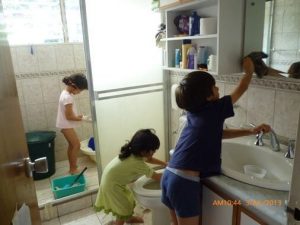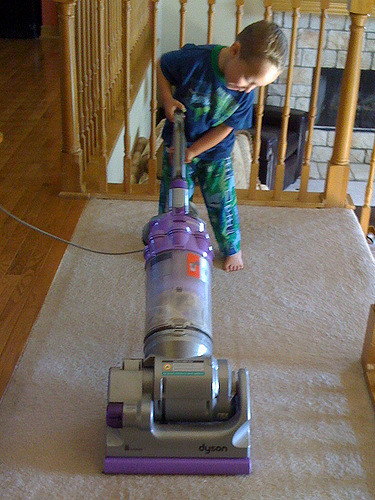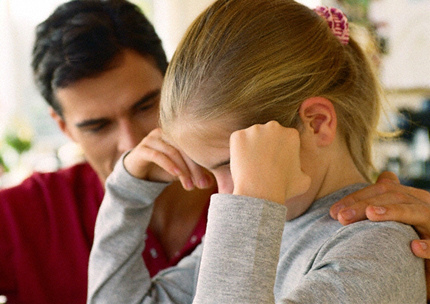Giving Kids Responsibilities In Return For Privileges


Written and verified by the psychopedagogue María José Roldán
It’s never too soon to teach your children that privileges are obtained on merit, which is why giving kids responsibilities is so important. When every member of the family does their share, there are positive consequences for all.
Responsibilities and privileges are two concepts that should go hand in hand throughout our lives. It is important to learn during childhood that we must do our duty in order to accomplish anything.
Tips for giving kids responsibilities
- Start from an early age. You can’t expect your teen to take on major responsibilities if you haven’t taught them to do age-appropriate tasks from an early age. You can start giving kids responsibilities from the time they start to walk.
- Let them help. Many parents prefer not to let their children participate in everyday tasks. Sometimes we can get the chores done faster alone. But if you want responsible children, it’s a good idea to let them take part in everyday tasks like cleaning up, or even lend a hand with your work if possible. Give them little jobs that will be easy and fun to complete.
- Show them how to be responsible. Give them the means to do their chores comfortably and effectively. If you want them to tidy their dirty clothes, give them a laundry basket to put them in. Do it with them the first time, and next time they will be able to do it alone. Then move onto other chores around the house.
- Be a role model. Your behavior is the most important example of the habits you want your children to pick up. Help them understand that, as a family, you work as a team. Every team member has an important role to play in running the household for the benefit of everyone.

- Have a positive attitude. Particularly when children are little, they want to help you. Use this positivity to involve them in all kinds of activities. Always give verbal acknowledgement when they do what you asked. This strengthens communication and turns a positive action into a habit for life.
- Control your expectations. Chores should be suitable for children’s age and abilities. Giving kids responsibilities is a process that will happen gradually. You might not see results from one day to the next. Praise your children for their progress, and they will get better over time.
- Use material rewards wisely. At least at the start of the process, it is not a good idea to give your child a reward every time they do something good. This can get kids into the habit of doing the right thing only when there is a reward, which is not the idea at all. Stimulate them with praise, and once there is a routine in place, give them an occasional reward.
- Have well-established routines. Order and routine is one of the keys to giving kids responsibilities. If everyone knows what they have to do and when to do it, the results will be better.
- Teach them that every action has a consequence. Whether this is positive or negative depends on what they do. If they fail to keep up with their responsibilities, take away one of their privileges, at least temporarily. Little by little they will learn that good deeds bring privileges and bad ones have consequences that are generally not so nice.

- Encourage independence. The only way to perfect a skill is by practicing. If you let children carry out tasks to the best of their abilities, little by little they will learn to trust in their own capabilities and lead a more independent life.
- Let them make decisions. When you let your children choose on matters that are relevant to them, you teach them to analyze the consequences of situations and decide which course of action is best for them. For smaller children, give them a range of suitable options, and let them choose which one they prefer.
Responsibility is one of the most important values that you can teach from an early age. Remember that even small children should get involved in family activities.
This is how they learn to be part of a community, in which the rights and responsibilities of each member are equally important and necessary to get along.
This text is provided for informational purposes only and does not replace consultation with a professional. If in doubt, consult your specialist.
